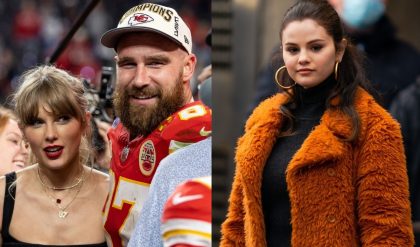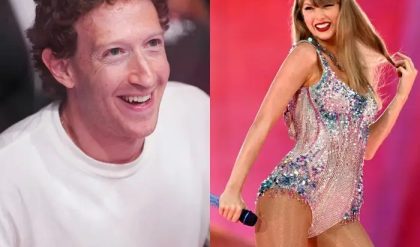In a move that has sent shockwaves through both the music and marketing worlds, Coca-Cola has officially ended its long-standing partnership with global pop icon Taylor Swift. The reason? Swift’s very public endorsement of Kamala Harris in the 2024 presidential race, a political stance that Coca-Cola executives say clashes with the brand’s values of “unity and neutrality.”

Swift, who has been the face of Diet Coke campaigns since 2013, is no stranger to setting trends. But her latest endorsement has landed her in hot water with the soft drink giant, which has decided to take a hard stance by cutting ties with the star. Coca-Cola’s leadership, known for its steadfast focus on keeping politics far away from its fizzy empire, found themselves bubbling with concern over the impact of Swift’s newfound political voice.

“We’ve enjoyed a mutually beneficial relationship with Taylor Swift for years, but we cannot support her recent political endorsement,” said a Coca-Cola spokesperson. “Our brand is about refreshing people of all backgrounds, no matter their beliefs. We simply don’t want to mix our product with politics. We sell soda, not platforms.”
The trouble started when Taylor Swift posted an impassioned Instagram message supporting Kamala Harris as the next president of the United States. Calling Harris “the leader we need” and “a true inspiration for women everywhere,” Swift’s post racked up millions of likes and an equal amount of controversy.
For some, it was a sign of Swift using her platform to empower change. For Coca-Cola executives, however, it was a political minefield they had no interest in navigating. The company quickly held emergency meetings to discuss the endorsement’s potential fallout, especially in a country already deeply divided over politics. By the time the executives finished their second round of Diet Cokes, the decision was made: it was time to part ways with their bubbly brand ambassador.
“We respect Taylor’s right to express her opinions,” said the spokesperson. “But as a company that has customers on all sides of the political spectrum, we need to remain neutral. When the message starts to interfere with the product, we have to protect the brand.”





